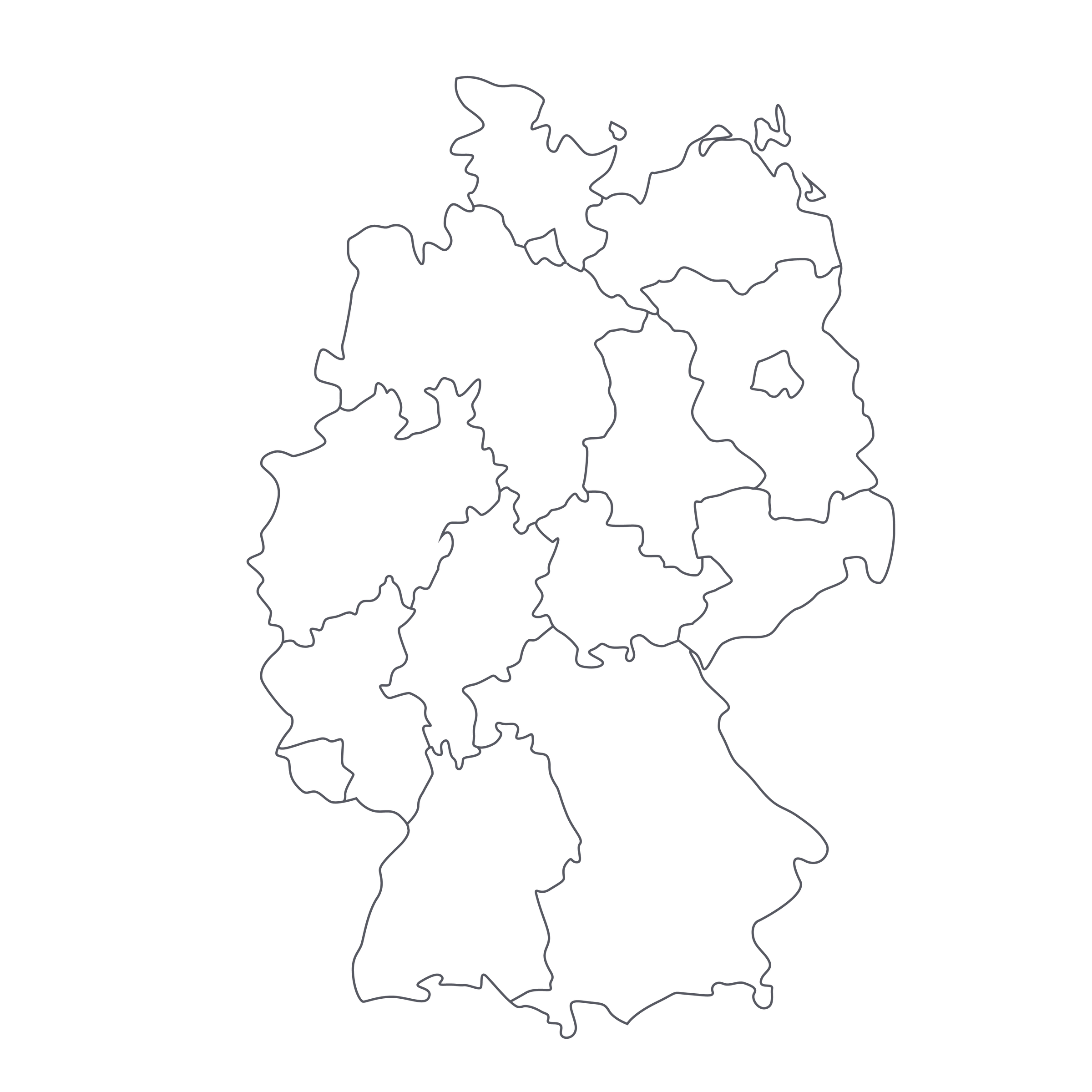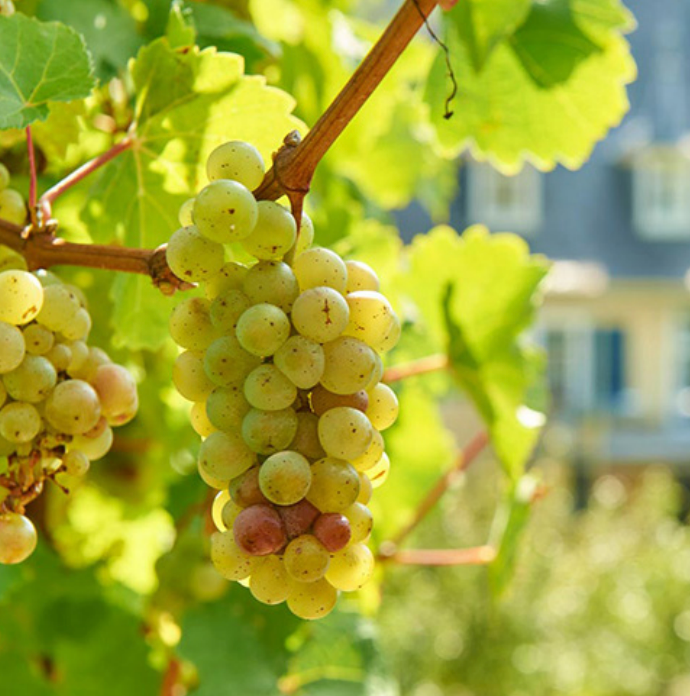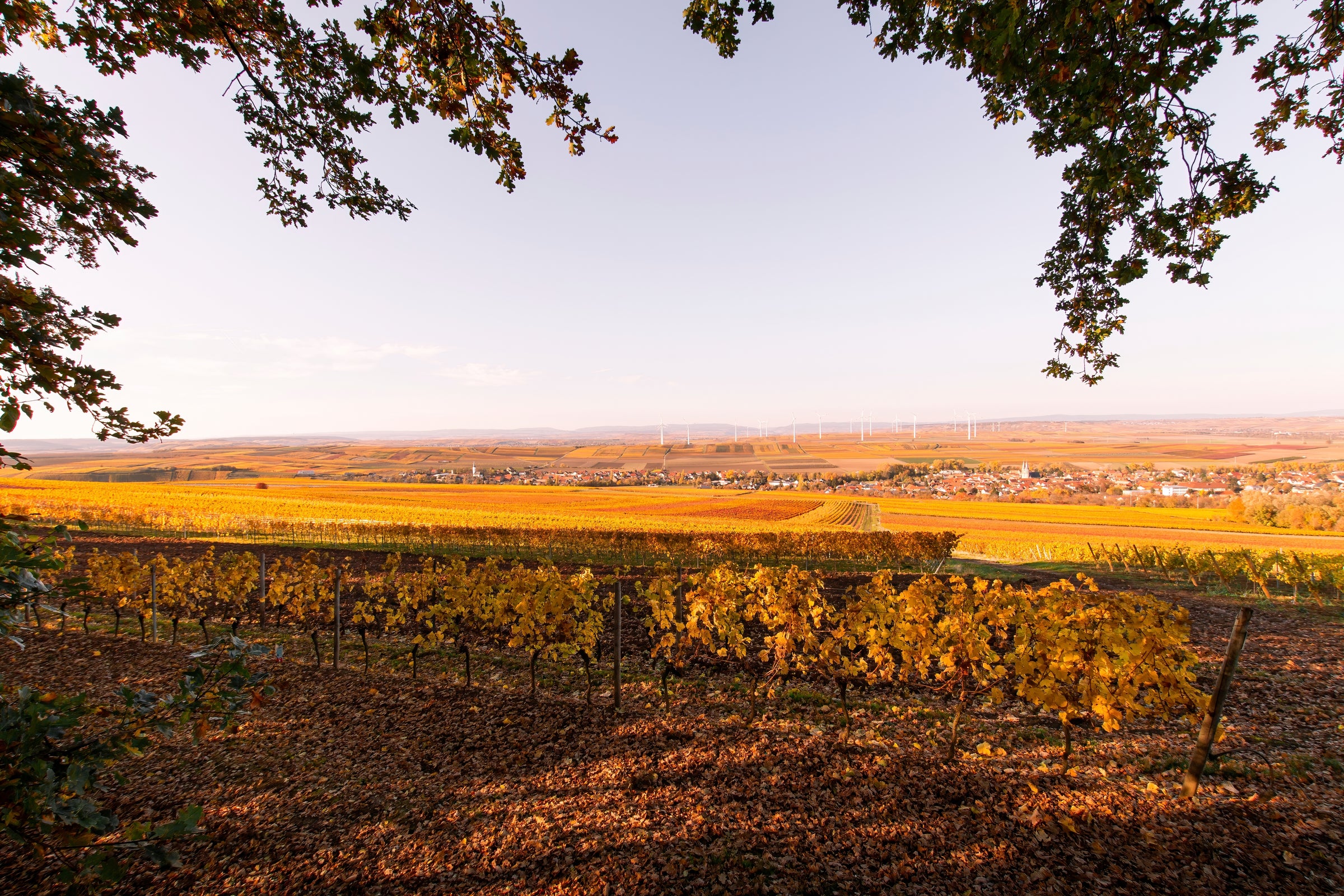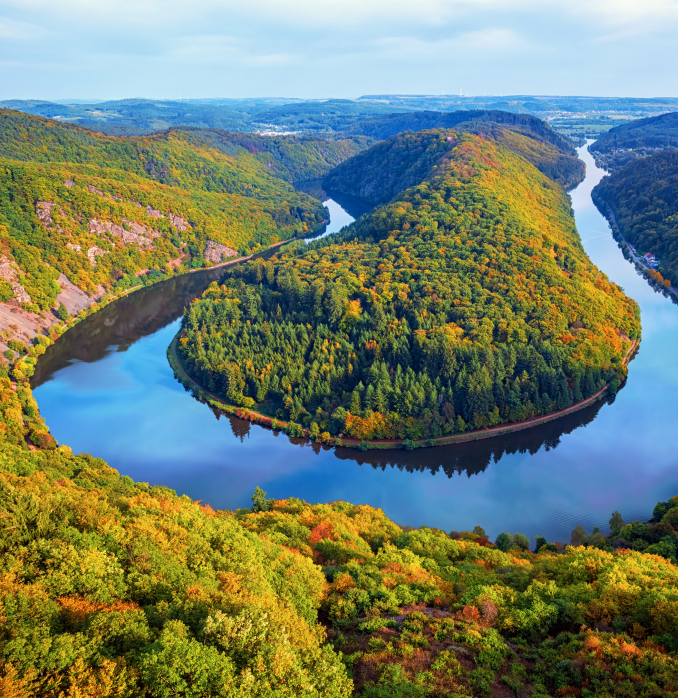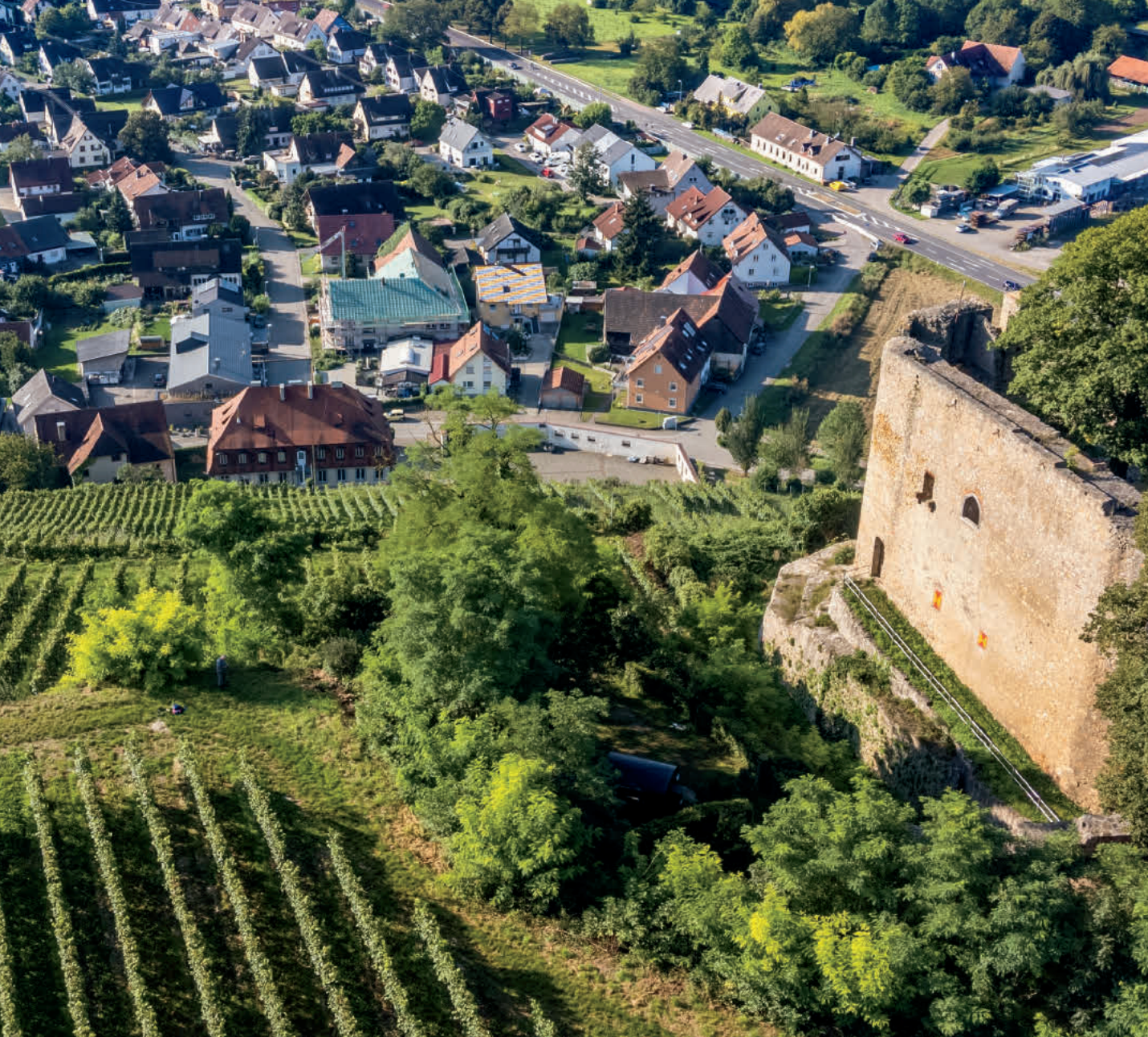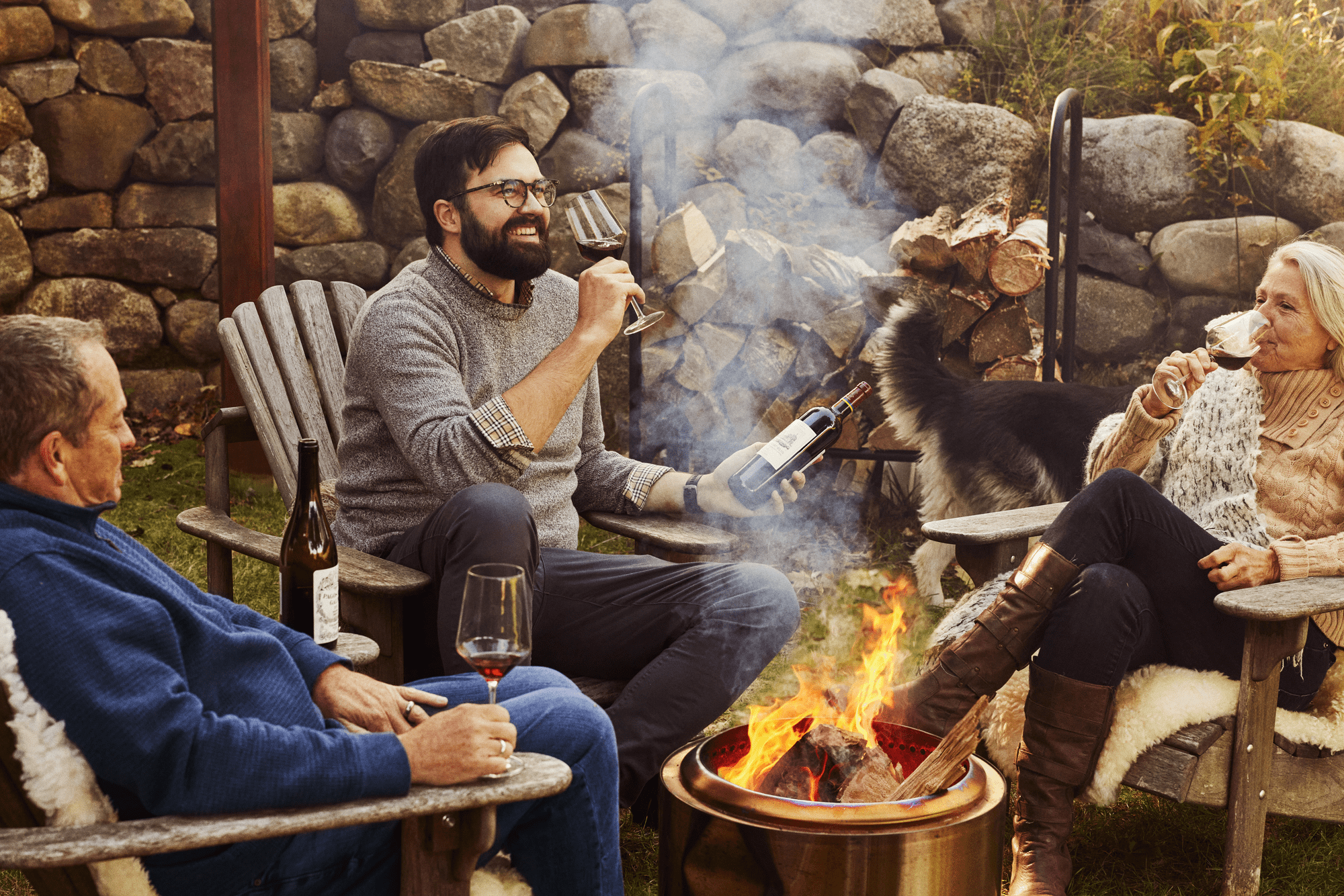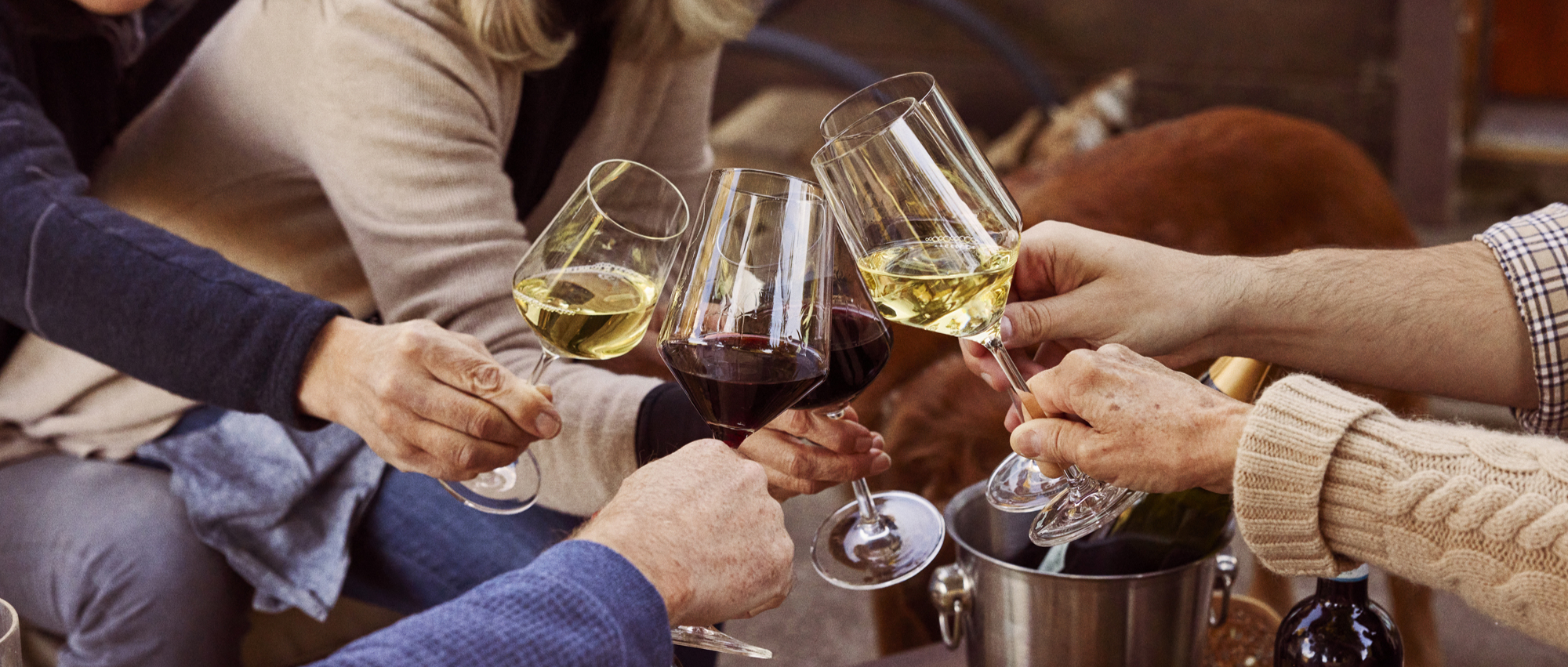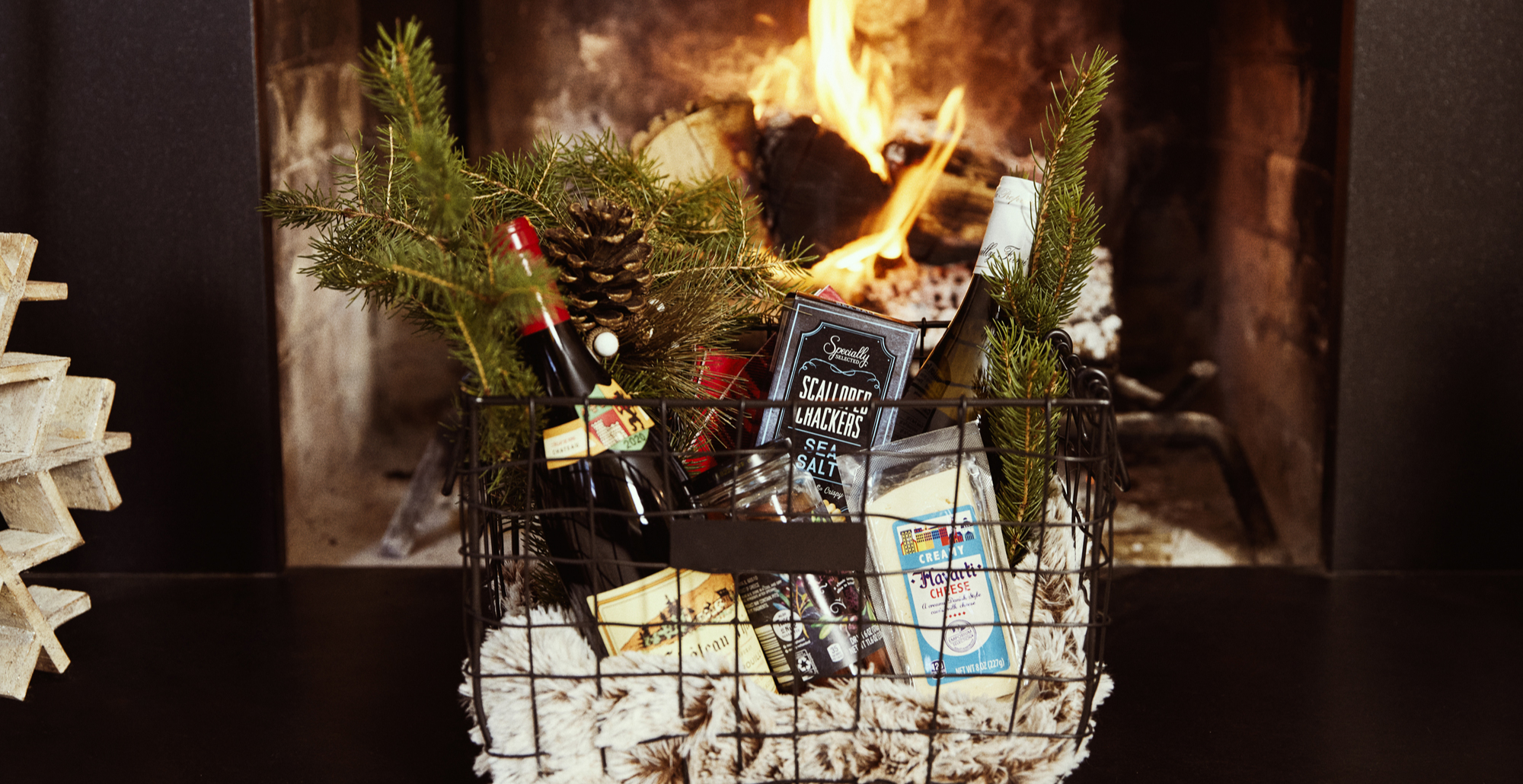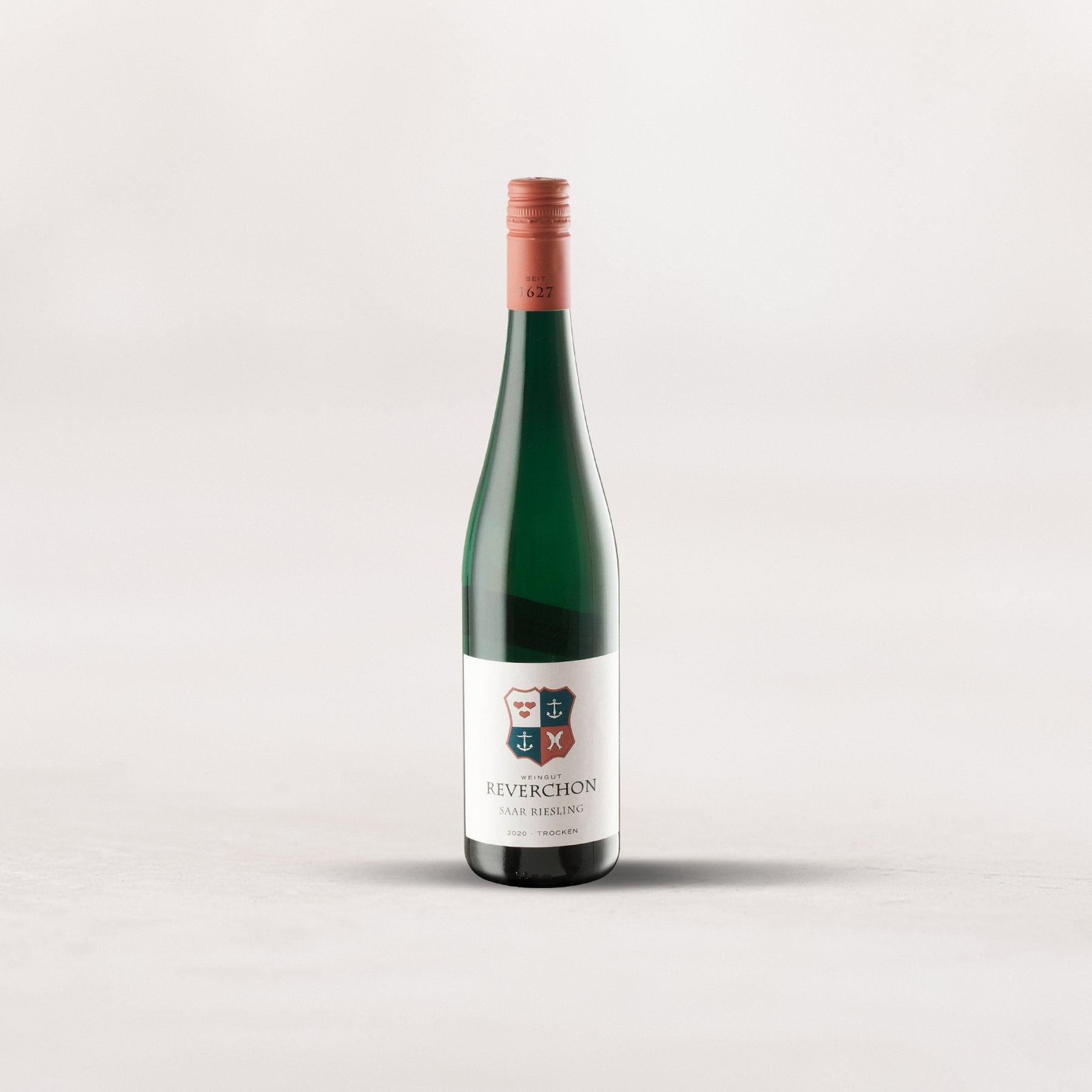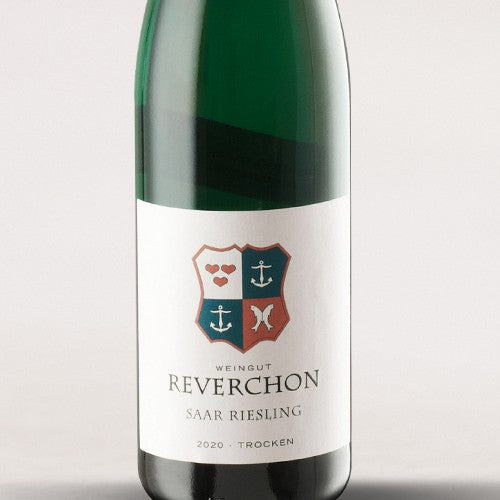You’d think that, after all these years, I’d be tired of waxing rhapsodic about inexpensive German Riesling. No way. I’m just getting warmed up. Every time I think I’ve found the ultimate Riesling value, the Germans find a way to surprise me. Whether it’s a dry or off-dry style—and this one from Weingut Reverchon is bone-dry brilliance from the Saar Valley—Riesling’s unparalleled elasticity will never cease to amaze me.
Today’s 2020 comes to us direct from the winery and can only be found here on SommSelect; a mere $25 gets you a gem-cut exclusive from a resurgent, impeccably run property. And while we tend to think of the Mosel-Saar-Ruwer appellation as the source of Germany’s most electric Rieslings, Reverchon’s vineyards in the Saar River towns of Filzen and Ockfen lend this trocken (dry) bottling an especially cool-climate feel. The tension is incredible, the aromatics are explosive, and the price is a pittance. Is there a more perfect summer option to stock up on? I think not!
The name Reverchon was that of a banking family who, in 1921, took over a Saar wine estate that had previously been in the hands of the church. Among the vineyard holdings were an acclaimed site called “Filzener Herrenberg,” which had been farmed as a vineyard for some 1,000 years. The estate went on to become the most prominent in the entire Saar Valley, but over time, it eventually fell into disrepair. In 2007, entrepreneur Hans Maret acquired the decrepit property and set about restoring it to its former glory; in addition to renovating its historic buildings, he completely revamped and expanded the estate’s vineyards, growing the holdings from eight to 20 hectares. Planted on steep, mostly south-facing slopes with grades ranging from 35%-72%, the Reverchon vines—some of them more than 100 years old—are rooted in soils of Devonian slate.
These slate soils store heat from the daytime sun and release it during the cool evenings, helping grapes ripen fully in this cool climate. As a member of an association called Fair n’ Green, Reverchon eschews all chemical insecticides and herbicides and maintains its vineyards by hand. Fruit is transported in small crates to the century-old underground cellar, where fermentation is carried out on ambient yeasts in stainless steel tanks and large oak vats.
Today’s 2020 incorporates fruit harvested from the villages of Filzen, Konz, and Wiltingen. Fermented and aged in stainless steel, it’s a study in purity and precision: In the glass, it’s a pale straw gold with silver and green reflections and an expressive nose of green mango, white peach, lilac, honeysuckle, watercress, and delicate notes of petrol and wet stones. Medium-bodied and mouthwateringly dry, it is at once frighteningly easy to drink and sneakily profound. Serve it at 45-50 degrees in all-purpose stems and, please, be sure to have ample stock on hand. Once you try it, you will crave it again, especially given its unparalleled versatility at the table. I’ve got this one set aside for summer salads of all types. Enjoy!
